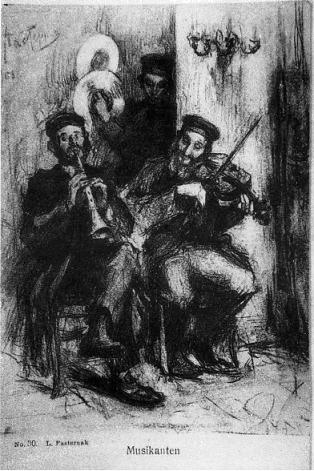Story about history of cinema in Odessa presented by travel agency Odessa Apartments ( Аренда квартир в Одессе ).
The history of Russian photography began in Odessa, where major photography studios opened as early as 1842. Pioneers of
photography were an ethnic bouquet: the German F. Haas, Russians A. Khloponin and R. Feodorovets, the Pole I. K. Migursky.
the Greek M. Antonopoulos, the Frenchman J. Raoul, the Moldavian V. Dimo, the Ukrainian T. Grigorashcnko, and such Jews as
M. Likhtenberg and A. Vainshtein. Almost all of them were also painters. Josif-Karl Migursky founded the Photography Institute
in Odessa and published the first textbook on the technology of photography in Russia.

Another legendary figure was Rudolf Feodorovets, acclaimed not only for his photographs but also his talents as hypnotist and
spiritualist. The old Odessa photographers won a multitude of prizes and awards in international shows, and in 1891 the Interna-
tional Photography Exhibition took place in Odessa.
Relieve it or not, the cinema was invented in Odessa. The inventor's name is Josif Timchenko, a mechanic from the Imperial
New Russia University. In 1893 he created an apparatus that made it possible to project '"stroboscopic illusions of interrupted
movement'' on a screen, and he demonstrated his invention at a learned council of the university. On it January 1894 he published his results.
Unfortunately, Timchenko received no financial backing and the first film in Odessa was shown by a representative of the Lumieres in 1896, in a
wooden pavilion constructed in Alexandrovskv Park. Stationary film theaters appeared in the city in 1904. The most famous were
Gigant, Beau Monde, Bolshoi Rishelyevskv. Kino-Utochkino,Kometa, Uraniya, and Odeon. The first film studio, Mirograf,
belonged to photographer and cameraman M. I. Grosman, who was very active in filming Odessa documentaries in 1907-8. Later
he produced feature films, including the popular crime drama Odessa Catacombs (1912).